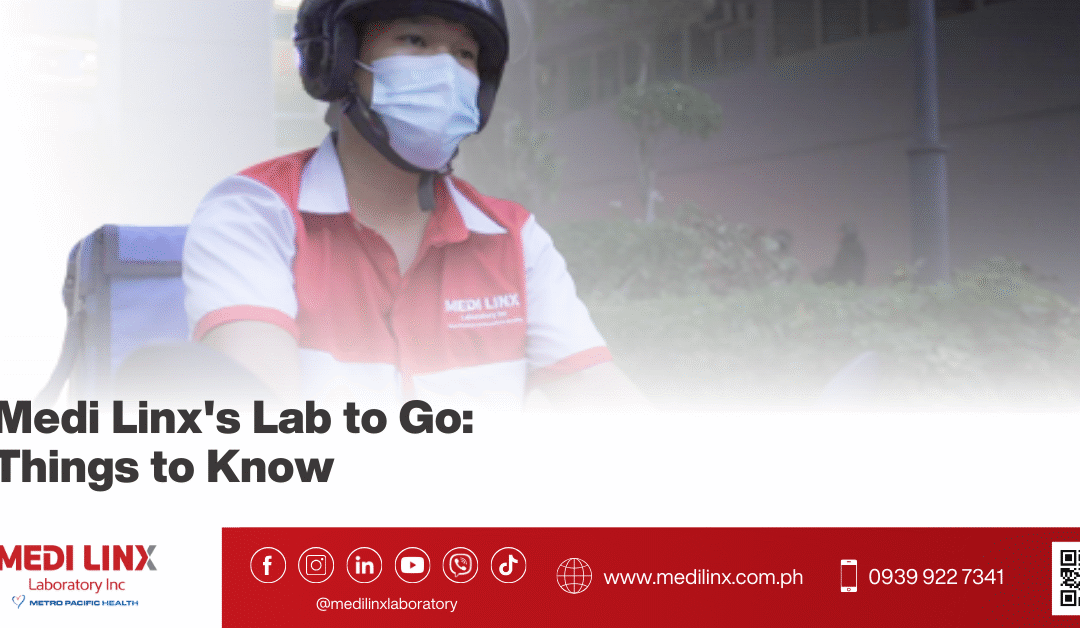Lung cancer is among the health issues that inflicts many lives around the globe. This disease starts with abnormal cells that grow uncontrollably in the lungs. It is one of the top killers, and statistics show approximately 1.8 million people die yearly.
In that respect, November becomes Lung Cancer Awareness Month, during which we will remember to converse with others about lung cancer, the risks, and why we must pay attention to our lung health as early as now.
Types of Lung Cancer
The facts say thousands of people bear it with themselves every year, and their health condition is even severely alarming.
Non-Small Cell Lung Cancer (NSCLC)
It accounts for 85% of total cases of lung cancer. It is relatively slower than small-cell lung cancer. There are various other kinds of this disease as well, namely:
- Adenocarcinoma: It mainly occurs at the edge portions of the lungs. People who are former smokers are commonly prone to it.
- Squamous Cell Carcinoma: It involves squamous cells, which are very flat and thin and cover the inner surfaces of the lungs’ airways.
- Large Cell Carcinoma: Tumor cells are large and have abnormal sizes and shapes in lung tissues.
Small Cell Lung Cancer (SCLC)
SCLC is slightly less common than NSCLC, as only 10-15% of lung cancer patients have this disease. The tumors in SCLC seem to spread and grow at a quick rate, so most people receive a late-stage diagnosis.
Lung Cancer Symptoms
General symptoms:
- Persistent coughing
- Chest pain
- Shortness of breath
- Tiredness
- Unintentional body weight loss
Causes of Lung Cancer
- Smoking: Chemicals from cigarettes can cause damage to your lungs.
- Environmental Factors: Exposure to radon, asbestos, and air pollution can also be dangerous.
- Genetic Causes: A family history of lung cancer may also be a cause of the disease.
- Pulmonary Nodules: Small growths inside the lungs are pulmonary nodules. Most are benign, but some could be malignant.
Diagnosis of Lung Cancer
Lung Doctors
Pneumonologists and oncologists give a lung cancer diagnosis and track the following:
- Medical History: Your healthcare provider will ask your medical history, including:
- Current Health Status: It includes signs and symptoms you are currently experiencing.
- Previous Medical Conditions: Your doctor will ask you about your last diseases, surgeries, or chronic conditions, such as your respiration.
- Smoking History: It includes your smoking experience and how long you are smoking.
- Occupational Exposure: The healthcare provider will ask you to discuss work or activities where you are prone to chemical carcinogens, asbestos, and radon.
- Lifestyle Factors: Your physician may ask about your diet, exercise routine, and lifestyle habits.
- Family History: The doctor will also take a comprehensive family history to determine any risks, including:
- Cancer Incidence in the Family: You will share information about the cancer history among your relatives.
- Genetic Conditions: Your physician may ask you to provide any genetic conditions within your family line.
Diagnostic Tests
- Lung X-ray: Radiographic images of your lungs give a diagnosis to show abnormal markings or lumps in the lungs.
- CT Scans: It apply to achieve good views and staging of cancers.
- Biopsy: This test must take a tissue sample to determine if cancer is present.
Additional Check-Ups and Tests:
- Executive Check-Up: This will include a comprehensive health assessment to identify potential issues to lung health. During an executive checkup, your doctor will give you all grounds to understand that avoidance of well-known risk factors such as smoking is necessary to avoid them.
- Complete Blood Count: Your doctor may recommend getting a complete blood count (CBC) to determine if something is wrong with you. The doctor may suggest additional testing or diagnostic procedures if anything abnormal is found in your CBC test results, such as infections, nutritional deficiencies, or cancers of a particular type.
Practical Ways to Reduce Lung Cancer Risk
We can avoid the risk of lung cancer in these practical ways:
- Avoid Smoking: Quit all types of tobacco. If you are currently smoking, get help on how to quit by seeking counseling or a cessation program.
- Limit Secondhand Smoke Exposure: Avoid the places where there are smokers to avoid exposure to secondhand smoke.
- Reduce Environmental Carcinogens: Avoid exposure to radon, asbestos, and industrial pollution.
- Practice Healthy Living: Eat a healthy diet, exercise regularly, and manage weight. Incorporate all kinds of fruits and vegetables into your diet because they are rich in nutrients and antioxidants.
- Get Regular Health Screening: High-risk individuals such as smokers and those with family histories can benefit from the detection of cancer. Have a word with your doctor regarding any screening available for you.
- Keep Yourself Updated: Knowledge is compelling in cancer prevention. Read the latest research, treatment, and prevention strategies for lung cancer.
FAQs
Can a person survive lung cancer?
Yes, many people can live through lung cancer, primarily if the person detects it early. However, the outlook does depend on the type and stage of cancer, whereby early detection helps in the better survival of people.
What are the early signs of lung cancer?
Early signs can be minimal and easy to identify with other lung disorders, including:
- Persistent coughing
- Chest pains
- Shortness of breath
- Weight loss
- Fatigue
Take Action for Your Lung Health
The sooner you know about lung cancer, the better it is to diagnose and treat it. Do not hesitate to visit a doctor if you exhibit these signs. Early treatment will improve treatment outcomes and survival rates.
Lung Cancer Awareness Month is an excellent time to follow some advice on healthy living. Visit our Laboratory in Quezon City to experience holistic health care; our medical professionals cost-effectively provide quality tests and other health services at your convenience. Together, we are aware of prevention and support one another away from lung cancer!




